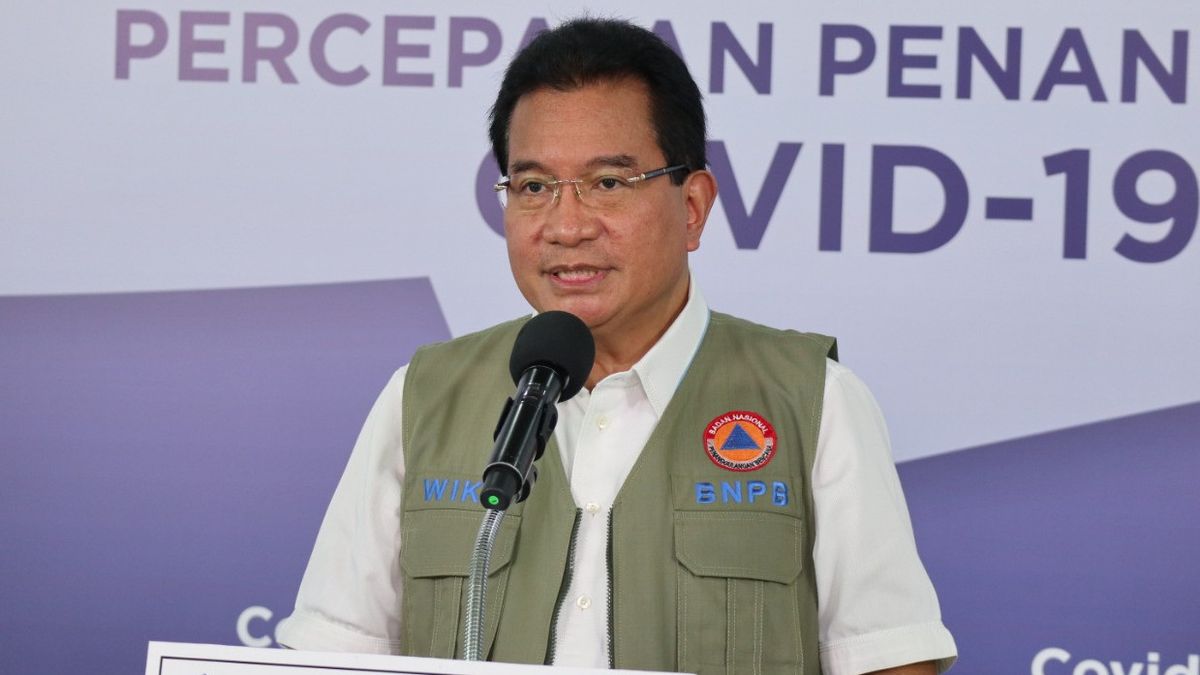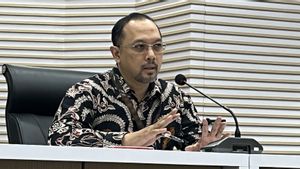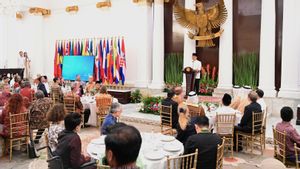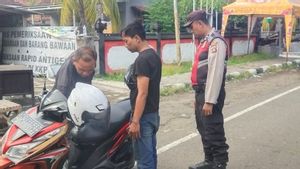JAKARTA - A number of countries that have passed the peak of the wave of cases due to the spread of COVID-19, the Omicron variant, have again relaxed their activity restrictions.
In fact, several countries have removed the obligation of their citizens to wear masks and have begun to implement the transition from the COVID-19 pandemic to endemic.
The Indonesian government has emphasized that Indonesia does not want to get involved in this. However, will the existing easing in various countries again increase the number of cases and Indonesia will also be affected by the increase in cases?
Spokesman for the COVID-19 Task Force, Wiku Adisasmito, responded to this. Wiku stated, as long as the COVID-19 pandemic still hits, the entry of the corona virus brought by foreign travelers to the country will certainly still occur.
"Good evening. As long as the pandemic is not over, the potential for transmission between countries remains," said Wiku to VOI, Wednesday, February 23.
So far, continued Wiku, the government has not again planned to tighten the entrance from abroad, such as prohibiting foreigners from a number of countries from coming to Indonesia.
The government is still implementing the provisions for entering Indonesia with conditions such as full-dose vaccination, PCR tests with negative results before departure, re-screening of tests when entering Indonesia, to the implementation of a quarantine period.
"Our policy remains strict to prevent the importation of cases with entry and exit test screening requirements as well as quarantine," he said. Previously, Coordinating Minister for Maritime Affairs and Investment Luhut Binsar Pandjaitan admitted that Indonesia would definitely make a transition from a pandemic to an endemic.
However, there is something that Luhut underlined. Luhut does not want Indonesia to implement the policy in a hurry. "We don't need to be talkative like this country," said Luhut on Monday, February 21.
Luhut said the government would make this transition in stages, stages and continue based on data on health, economic and socio-cultural indicators, as well as continuing to apply the precautionary principle.
The English, Chinese, Japanese, Arabic, and French versions are automatically generated by the AI. So there may still be inaccuracies in translating, please always see Indonesian as our main language. (system supported by DigitalSiber.id)













